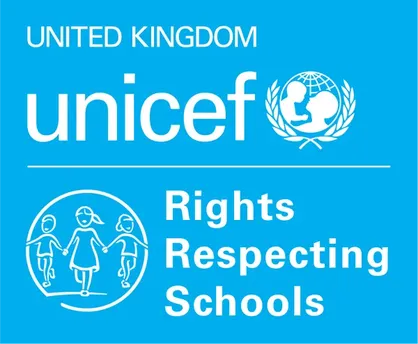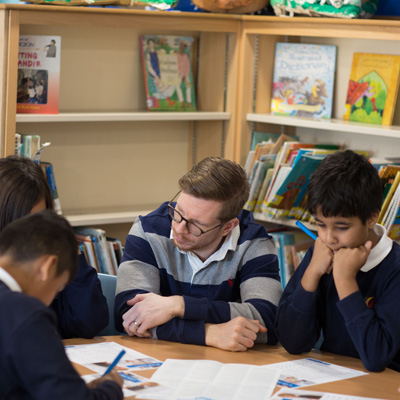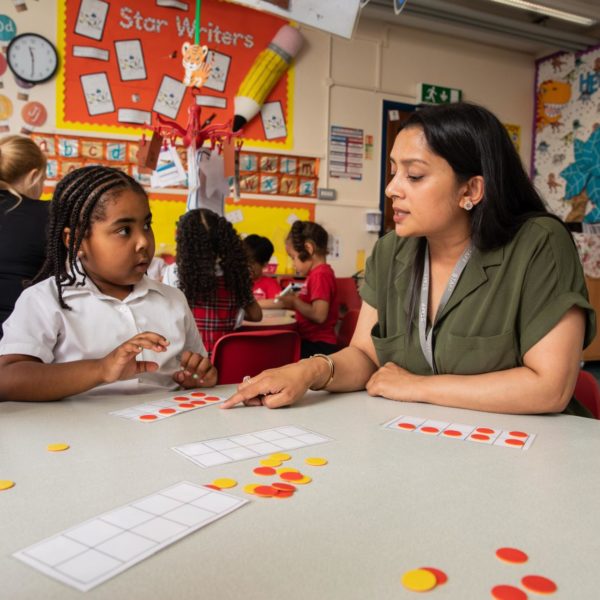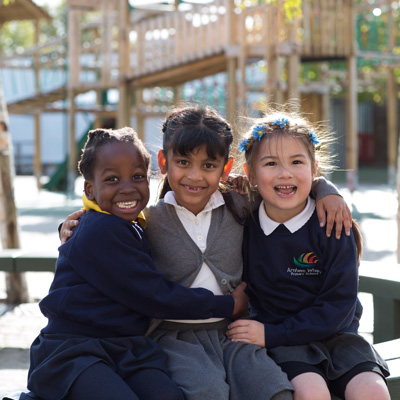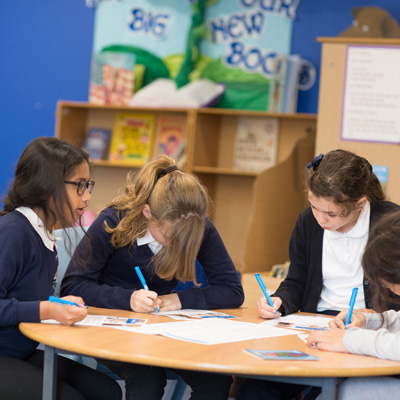Confident, natural inclusion of Rights Respecting language in school begins with separating ‘rights’ from ‘responsibilities’.
Sarah Lane is an RE teacher and the RRSA lead at her school and talks about the progress at Uplands Junior School on Rights Respecting language use.
Untangling rights and responsibilities
Embedding the language of rights has been a gradual process from the start of our RRSA work. One of the first obstacles to overcome was our linking rights to responsibilities. The two concepts had always gone hand in hand in PSHE and Citizenship and needed to be decoupled. Our PSHE lead even contacted the makers of the scheme we were using to request that they remove references to responsibilities in their resources and planning, especially where the term implied that rights had to be earned.
We found the ABCDE of Rights invaluable in helping us to understand and teach important concepts about the nature of rights. We use the presentation regularly as part of assemblies and the idea of rights being universal, inherent, inalienable, unconditional and indivisible is reinforced. The terms are also displayed in every classroom, although for the younger pupils the meanings behind them are taught more than the terms themselves.
Visibility around the school
Involving the whole school community in generating and upholding a range of charters, including class, playground and library charters has been vital. These are reviewed each year and the promises from staff and pupils are reinforced. The promises serve as a reminder of expectations around the rights that they link to. Facebook posts link to relevant articles where possible to ensure parents and the wider school get to know how central rights are to everything we do. It is also a good way to keep our Governors updated on the positive ways rights are impacting on school life. Each year a whole school homework is linked to the OutRight campaign and we always ensure we are ambitious with the vocabulary we include, hoping it will spark discussion at home.
Natural and confident use of Rights Respecting language
As we have become more confident in our knowledge of rights, our use of Rights Respecting language has become more natural and embedded. Our planning in many subjects, as well as the pupil’s knowledge organisers now include key vocabulary linked to rights.
A good example is a Year 6 RE unit about the role of religion in fostering community cohesion. Including concepts such as ‘dignity’ and ‘equity’ has certainly deepened the learning. Ensuring the language is in the planning and knowledge organisers means that we have continuity when staff change or supply teachers cover.
Another big change has been in the language used in behaviour management. Reminding pupils of the promises in their class charter helps us to explore how they may be affecting others with their actions. The sort of language we use has helped us to build more positive relationships with a solid foundation of shared values.
Pupils find it empowering to know they have rights and as they move through the school, they become more confident at making connections between them. Often, pupils share how they are teaching their parents or siblings about rights.
One parent recently shared how delighted they were about their child’s ‘passion’ for rights which meant that she was doing research, making posters and even writing to the Prime Minister about an issue of concern to her.
Our Rights Champions regularly audit displays around the school to ensure that links to rights are made. For example, they have added a ‘Duty Bearers’ sign above our ‘Meet the Teacher’ display board. We also focus on key words related to our ‘Right of the Month’ and we often invite children to interact with our display using a question. A recent example was ‘What experiences help to build up your sense of dignity?’ Pupils could help themselves to a post-it note and share their thoughts.
School context: There are currently 381 pupils on roll at Uplands Junior School in Finchfield, Wolverhampton. 21% of pupils are eligible for free school meals, 59.7%, are from minority ethnic groups; 10% speak English as an additional language, 9% of children receive SEN support.
